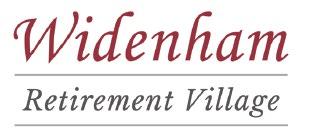




THE electricity crisis and rising costs of utilities are providing major incentives for homeowners to take their properties off the grid – either partially or fully.
Not only will they benefit from the installation of generators, inverters, solar power, water tanks and boreholes while living in their homes, but when it comes to selling one day, they could rake in extra cash.
This is because more buyers are searching for homes that offer off-grid features.
Inverters and JoJo tanks are the most popular features on property buyers’ shopping lists, says Carol Reynolds, the Pam Golding Properties area principal for Durban Coastal.
“We have seen a significant increase in green features in the past 12 months. Most homes now have inverters and many also come with one or two JoJo tanks.”
While she says it is difficult to qualify the value-add in monetary terms, having the installations makes a property more sellable.
“If we have two equivalent homes on the market and one has green features, the green home will appeal to a wider market and will sell quicker than the home without such features.”
Hein Pretorius, the owner/ broker of Lew Geffen Sotheby’s International Realty in Plettenberg Bay, says “it is really advantageous” to have some form of power backup, especially basic grid-tied systems – with or without solar panels –that are able to run TVs, lights and fridges for the duration of outages. Buyers are “definitely”
looking for properties with such installations.
“Most systems are grid-tied with inverter and lithium-ion batteries. People are less interested in generator back-up systems due to noise, fuel requirements and servicing of generators.”
Depending on the type of system, its specifications and size of batteries, the value-add on the sale could be anything from between R50 000 and R1 million, he says.
From experience, Pretorius notes that installations able to run basics like TVs and lights will add about R50 000 to a property’s value, while a full system that runs the entire house could increase its value by R400 000 to R500 000.
Although Cape Town has sufficient water, the city’s residents recently lived through a drought, and water scarcity is always a possibility, say Rouvaun McKirby and Joanna Thomas, Constantia area specialists for Lew Geffen Sotheby’s International Realty.
A borehole will, therefore, “always be a very welcome additional feature”, they say.
“With daily load shedding increasingly becoming the norm, a reliable electricity supply is more of a priority than water-related aspects, so solar panels or solar geyser heaters, along with inverters and back-up batteries, will always be a bonus.”
Some sellers have installed the features themselves but the pair note that more developers are either installing energy-producing or energy-saving features in new builds or incorporating space/capability in the design for them to be installed at a later stage should buyers wish to do so.
“Water filtration systems and inverters with battery back-up are common options,” they add.
Aside from the urgency of the carbon footprint and clean energy debate as highlighted by the COP27 climate conference and Russia’s War in Ukraine, South Africans have to deal with the reality of water and electricity infrastructure that is unable to meet the needs of the country, says Samuel Seeff, the chairperson of the Seeff Property Group.
And, as can be seen from the load-shedding schedules and the escalation in power outages, it is becoming “increasingly necessary for homeowners”.
Although he says aspects such as off-the-grid and greening features are often regarded as extras, these are increasingly being seen as more of a “welcome addition”, especially at the price bands above R1.8 million.
“It adds to the marketability of a property and adds value.”
Seeff notes, however, that it is costly to install solar/battery systems, especially those that are integrated, hence older lowerincome houses might not have the features but they are increasingly part of new builds.
“New builds tend to have features such as solar heating, or at least solar geysers and energyefficient lighting and appliances.
“Existing houses are also increasingly listing with features that have been added by homeowners, ranging from solar geysers to back-up battery/solar power. Hybrid still seems to be most prominent, with complete off-thegrid only in rare instances.”
He does state, though, that
home security and safety features are more important than solar heating.
The green and off-grid features most popular with buyers:
✦ Water tanks for rainwater collection, and recycled and grey water systems.
✦
Alternative energy supplies, such as solar and battery, and generators. These are increasingly integrated into the property’s electricity grid.
✦ Solar geysers.
✦ Gas appliances.
✦ Energy-efficient lighting and appliances.
✦
Indigenous/water-wise gardens.
Fortunately, Seeff says, South Africa is generally not a cold country and, therefore, we are not as reliant on electricity for heating as countries in Europe and North America, for example.
While there is no standard formula to calculate the value certain installations could add to a property, he estimates that a solar geyser and gas stove could increase a home’s worth by around R10 000 to R20 000. This would also depend on the property itself and the neighbourhood.
More substantial features, such as solar for heating the pool, those that are part of a back-up system for power outages, along with energysaving lighting and gas for cooking, would add more value.
“On a standard three-bed family house in a middle-class neighbourhood, priced at around R1.5m, it might add another R150k, depending on the features, the property itself, the neighbourhood and market. There is no one-sizefits-all approach.
“At the upper-end of the market, it is far more prevalent that people
will pay more but, again, not more than market-related pricing.”
In KZN, where devastating floods have added to the challenges, Reynolds says it is not surprising that many homeowners are considering implementing more sustainable green features in their homes, to ensure that they can literally weather the storms.
“If we look at current trends in residential developments, there is a strong emphasis on eco-friendly features. Most developments encourage solar panels, heat pumps and some form of water reticulation.

“JoJo water storage tanks are a great cost-effective way to save water and provide a back-up supply in the event of municipal shortages.
“For many, the idea is not to be fully off the grid, but rather to have water and energy back-up solutions for times of need, and to reduce the burden on the local infrastructure. This applies to homeowners and buyers in both freehold and sectional title properties.”
If you are getting started in your quest to make your home more independent of Eskom and municipal water provision, she recommends that your property should have at least one JoJo tank with a pump that is connected back into the home to act as a reserve water supply. It will also become the primary source of water for irrigation and gardening purposes.
From a power supply perspective, many people are relying on inverters.
“Generators are noisy and costly to run, especially with the increase in fuel prices, so most are opting for small inverter solutions that keep the essentials in their homes running during load shedding.”
 BY BONNY FOURIE
BY BONNY FOURIE
SOUTH Africans have been putting up with load shedding for almost 16 years, and this year will see more of us finally snap and take the plunge to divorce Eskom.
Yes, it will cost money – and a lot of it at that– but with the constant power outages and yo-yo implementation of stages, it leaves us with little choice. Of course, there is also the knowledge that going off-grid will benefit the environment and our pockets.
Orlando Luis, the chief executive of Brights Hardware, says 2023 will see more homeowners installing solar energy systems that are renewable sources of light and also reliable and money-saving.
“In terms of product development, we will continue to see new solutions coming to market, enhancing the selection on offer in terms of outdoor and sensor lighting, rechargeable light bulbs, and portable lighting. Likewise, solar geysers will become increasingly popular.”
Staying with the trend of reducing demand on the electricity grid, he believes the year will continue to see a spike in the number of households changing their geysers to tankless water heaters, which heat as needed. This is as opposed to keeping a reservoir of water hot for long periods, as geysers do.
“These are very energy efficient and save on costs. Gas alternatives will also be in demand.”
Luis says generators will remain a much-desired purchase for South Africans, due to the ongoing power cuts.
“In response to this demand,
manufacturers such as Red Rhino are creating innovative new options such as the silent dual fuel inverter gas generator, which uses either LP gas or petrol, and is silent when in use.
“This is an option for those living in townhouse complexes and even apartments with balconies or patios.”
Concerns around the country’s power supply has led to an increased demand for solar power too, says Adrian Goslett, the regional director and chief executive of RE/Max of Southern Africa.
The switch to solar would be beneficial for the environment and our country and increase the resale value of the property.
“In South Africa, green features are becoming increasingly popular among buyers, especially as a result of the ongoing load shedding and the prevalence of droughts in our country,” Goslett says.
Noticing the importance of alternative energy solutions, Ian Ross, the broker/owner of RE/Max One, has recently partnered with Union Power Energy, a solar power company with an installation footprint in all major centres across South Africa.
“Lowering our individual carbon footprint is a must. In a sun-rich country such as South Africa, I strongly believe solar is the economic and environmentally responsible answer to powering our homes.”
As a result of the partnership, Ross has gained some key insights into the solar power industry.
He explains that while solar power can be costly, it will
probably become a necessity in most households.
“Systems can range from R50 000 to R500 000, depending on the home and how far the homeowner wants to go to be independent of the grid.
“The capital outlay is heavy, so if the consumer could pay this off over a period using the savings they make from not utilising the national grid, it would make perfect sense in every way.”
The option exists in the form of home finance.
“The criteria may differ slightly from bank to bank but, thankfully, all major banks welcome the financing of residential, commercial and industrial solar power systems. Access bonds on homes is by far the cheapest and quickest way to go other than upfront cash outlay,” he notes.
While most homes are suitable for hybrid solar systems, every house, apartment, building, factory or site comes with various challenges.
Ross says older houses are more challenging as wiring and infrastructure is old or outdated.
For these kinds of homes, as well as for commercial and industrial properties, a more detailed assessment should be carried out before a quotation is given. This can be arranged over a video call or personal visit from one of the preferred installers in the area.
For residential homes, Ross explains that the assessment can usually be completed via a detailed questionnaire.
“When conducting the assessment, solar power installation companies will ask a number of

key questions in relation to the home. These include enquiring about the roof type to decide on the panel mounting structure.
Tile roof, IBR, corrugated, clip lock, or flat concrete slab are all suitable options. They’ll also ask where the main DB is situated in the home, for installation purposes and cable runs.”
He adds that most systems are IP65 rated and can therefore can withstand the elements to a certain extent but should be positioned away from water points.
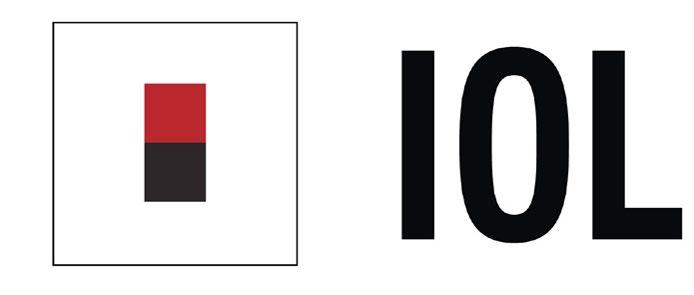
“Some systems can be placed outside in a suitable area if it is covered and free from direct rain.
Coastal areas pose a challenge due to excessive moisture, rust and wind. In these cases, the correct mounting structure must be insisted upon – stainless steel or aluminum.”
Those living in apartments might face greater challenges, owing to roof space access.
“There are smaller back-up systems available that can be suitable for apartments, but there are many other product offerings available for those who want to go off-grid, such as gas cooking, gas geysers and solar geysers. Borehole water with a filtration system can also be added to reduce a household’s reliability on the council water supply,” Ross says.
Ultimately, however one goes about it, reducing reliance on the national grid can benefit the homeowner as well as the environment and might even add value to the home.
Making your home more energy-efficient can make a big
difference when selling, says Mike Greeff, the chief executive of Greeff Christie’s International Real Estate.
“Although it’s costly, it is a certain return on investment…


As the number of energy-efficient homes continues to rise, first-time buyers and tenants are starting to favour these upgraded homes over traditional homes due to the potential long-term savings.”
Energy-saving measures he says homeowners can take:
✦ Ceiling insulation to reduce the energy needed to keep your home at a comfortable temperature.
✦ Geyser blankets.
✦ Lighting systems including Compact fluorescent lamps (CFLs) that can reduce power consumption by up to 75% or LEDs which are the latest saving energy light globes and last up to 100 times longer than normal globes.
✦ Solar water heater to drastically reduce power consumption.
Despite the desire of South Africans to be rid of Eskom and its unstable power supply, the reality is that the upfront costs are impossible for most to afford.
And although banks do offer financing options for customers who have equity in their home loan accounts, and offer other alternatives via customers’ home loan accounts, this is not suitable for everyone.
Even other options such as applying for credit via a personal loan or using a credit card are impossible for some.
For this reason, a number of South African companies now offer rent-to-own off-grid solutions as well as straight-up rentals of such products.
Homeowners are seeking reliable sources of energy that can benefit their pockets and the environment while upping their property’s resale value
bronwyn.fourie@inl.co.za
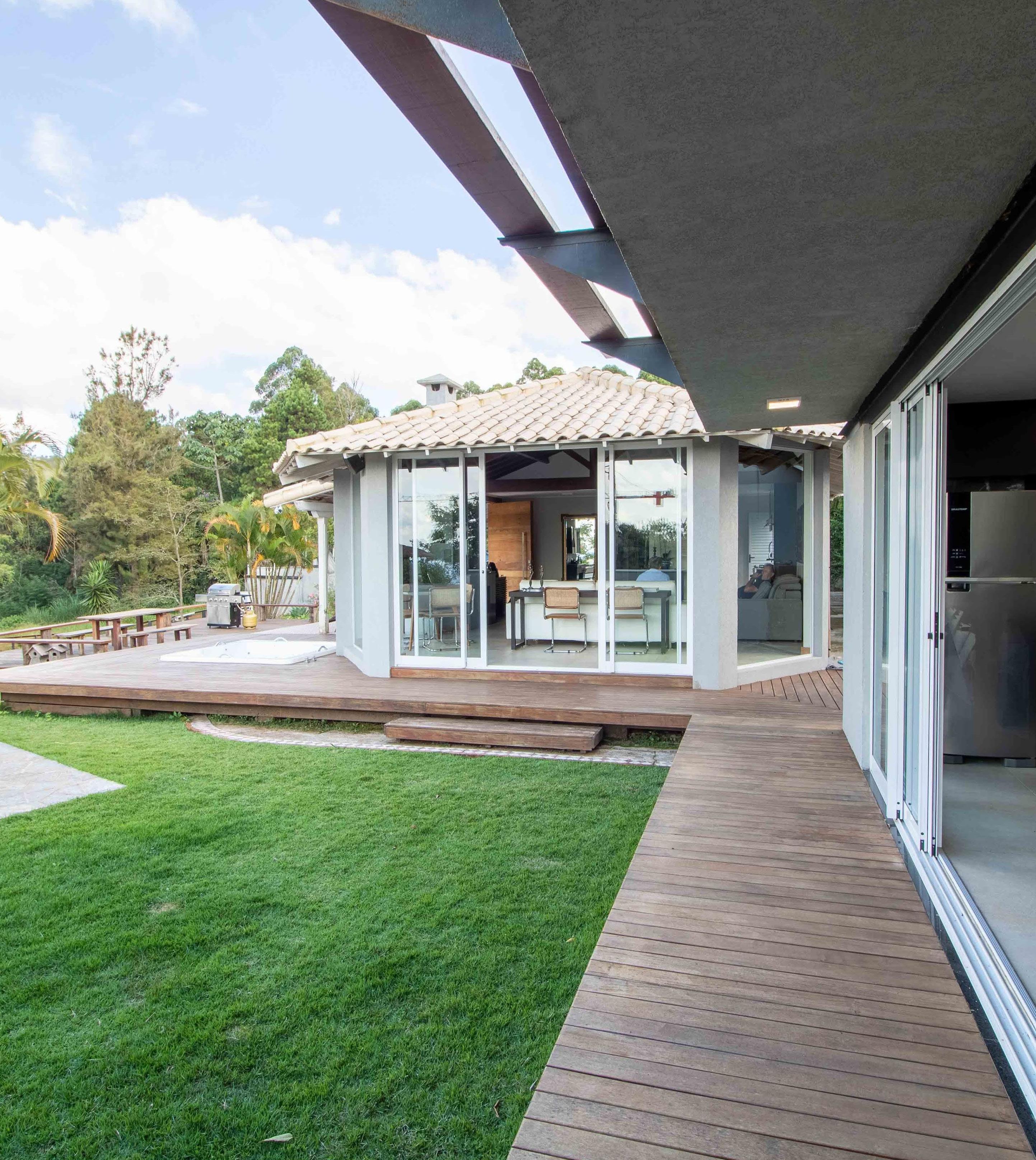





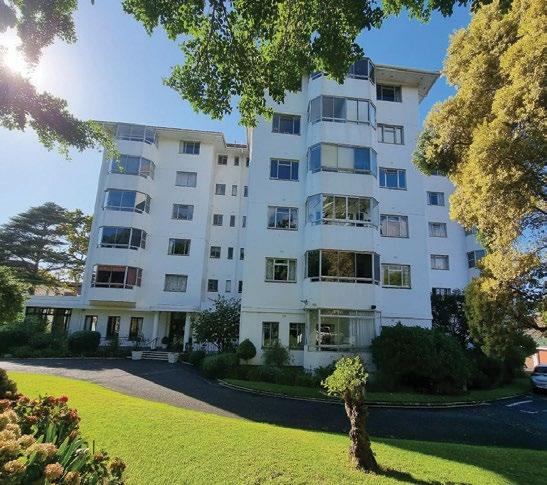
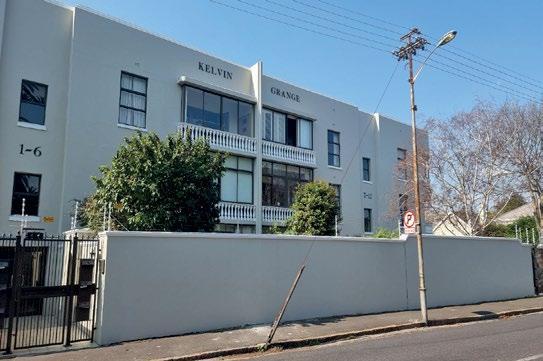
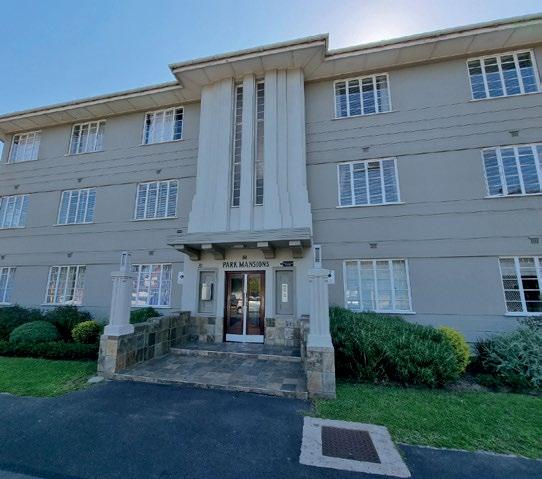


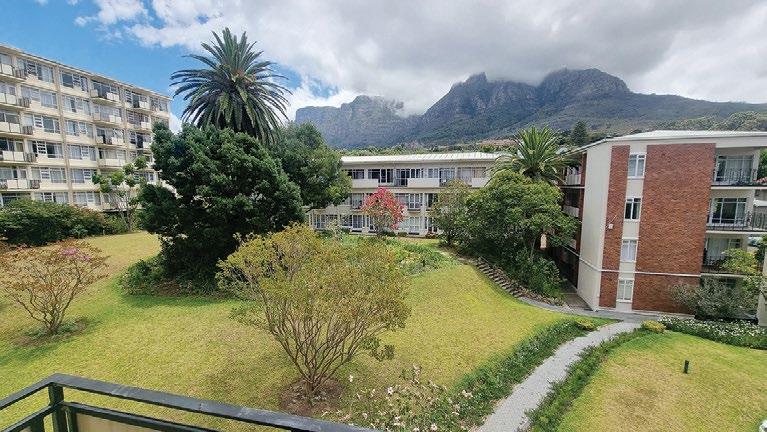

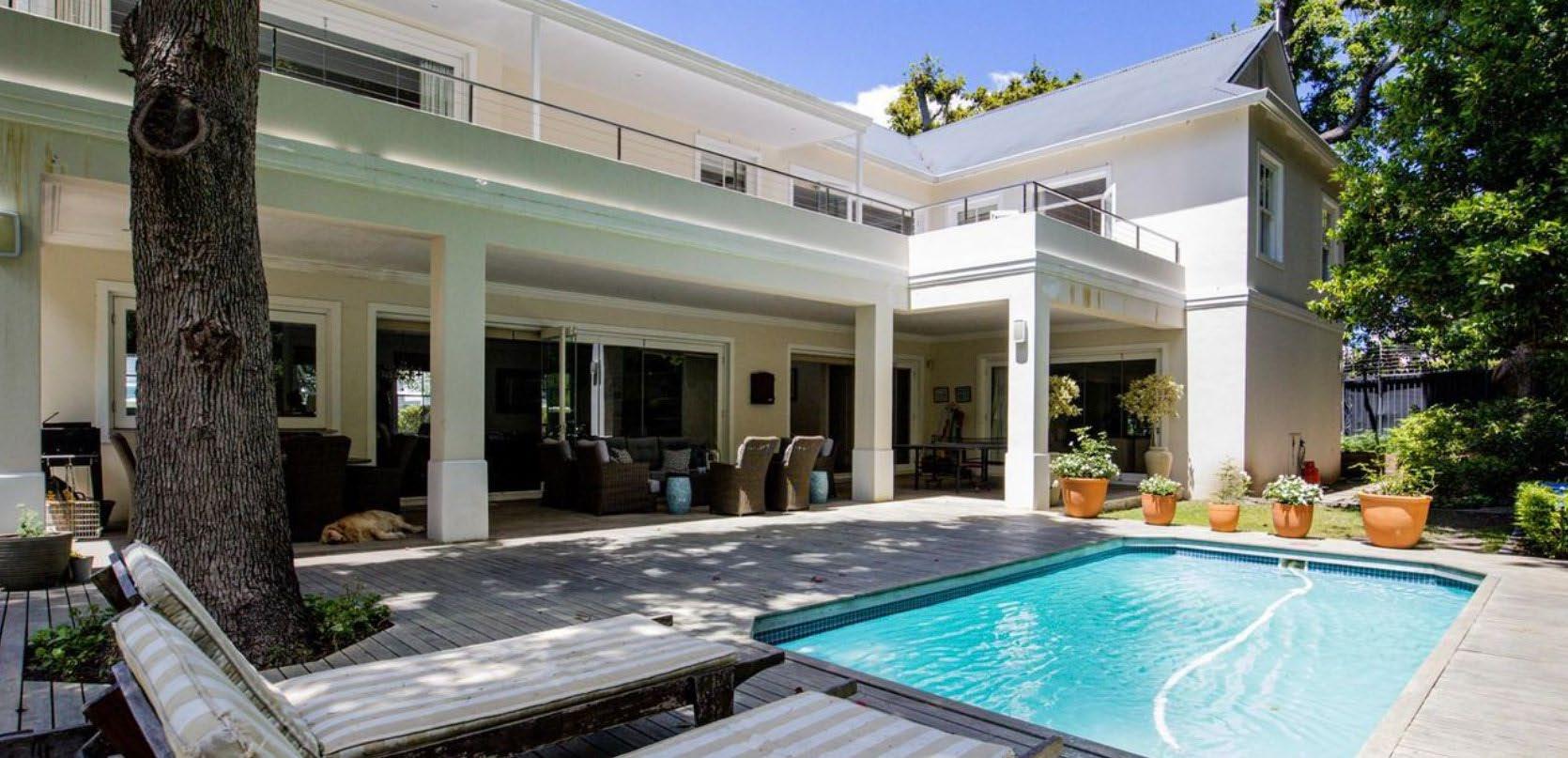
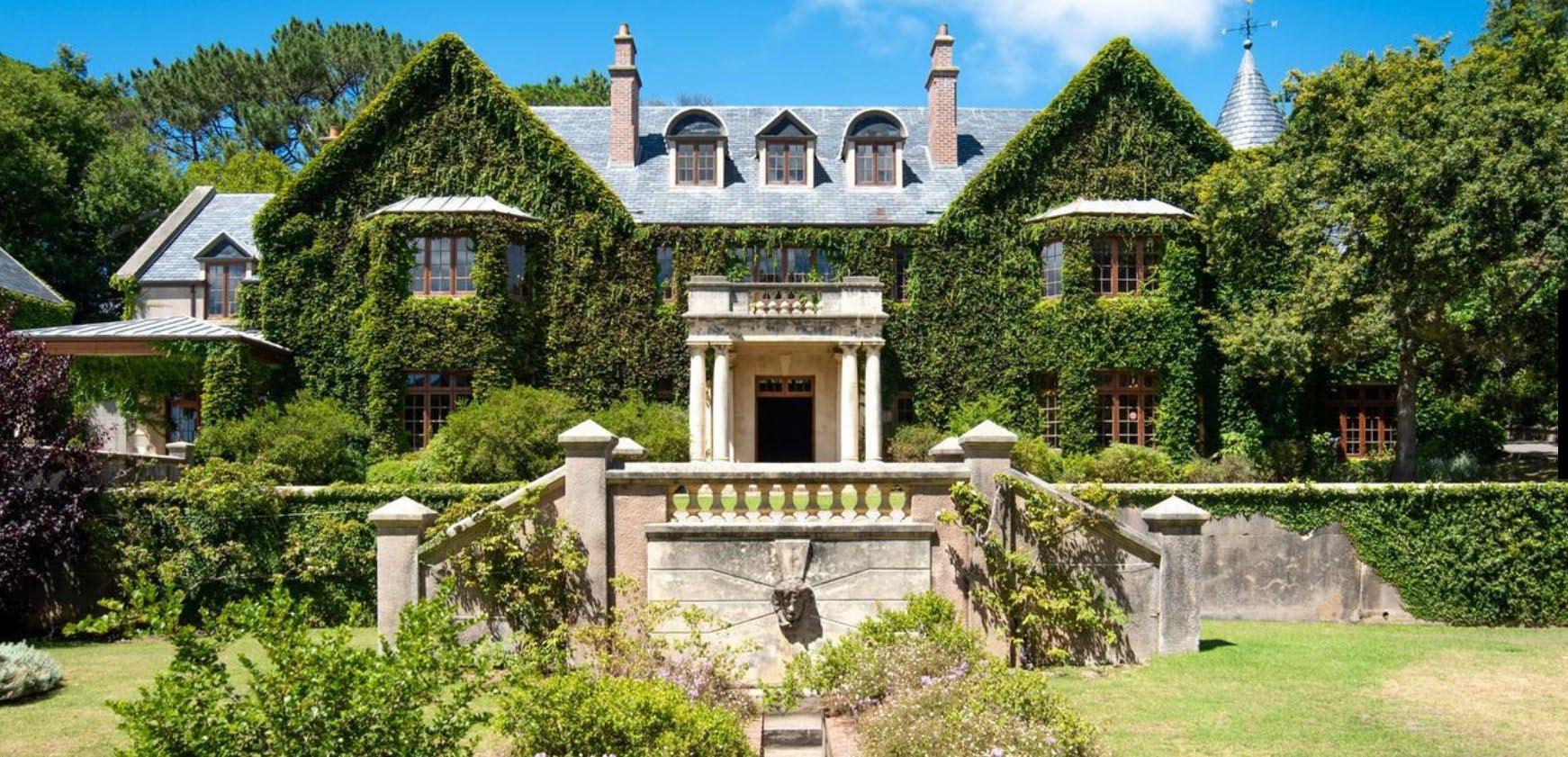

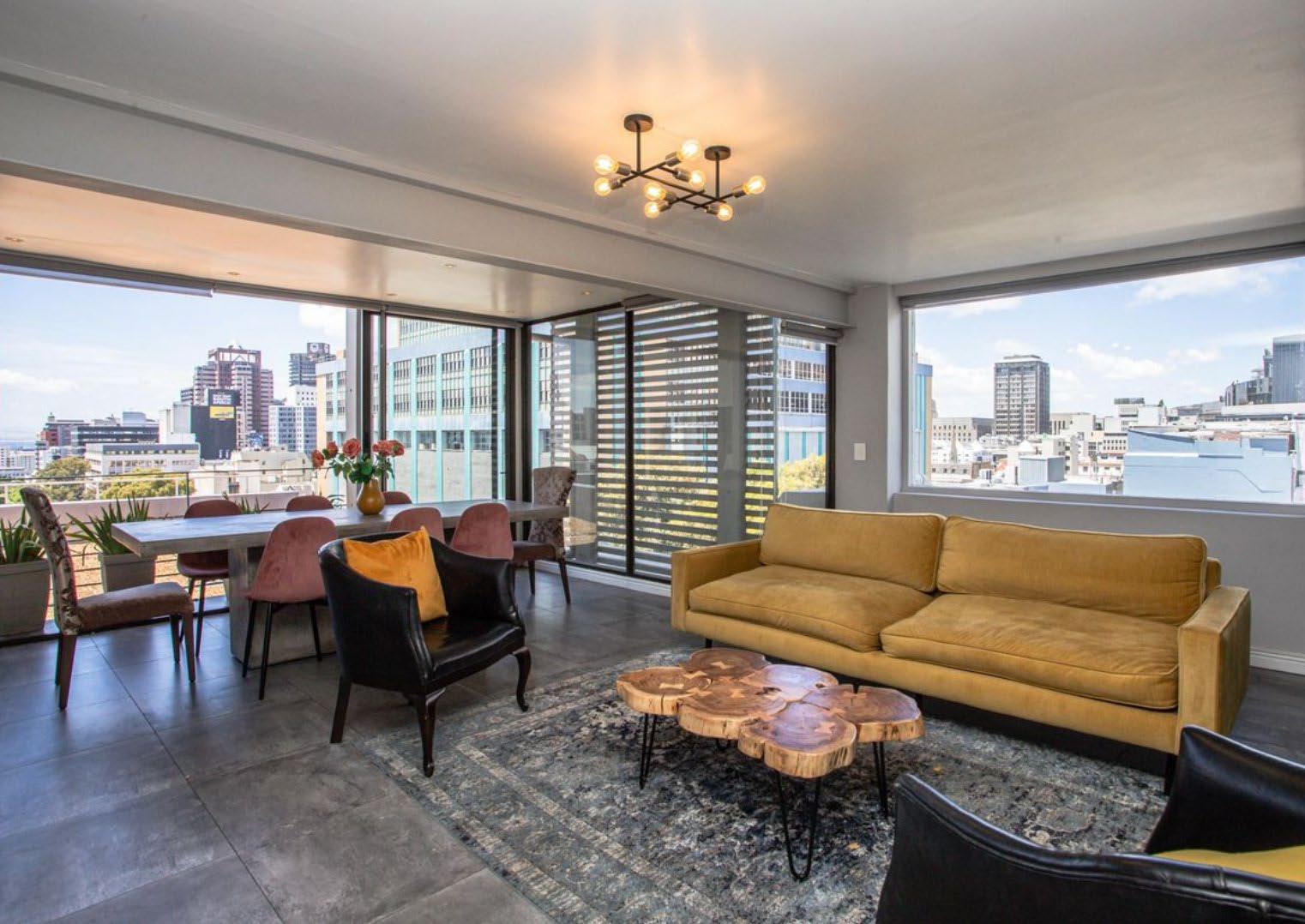
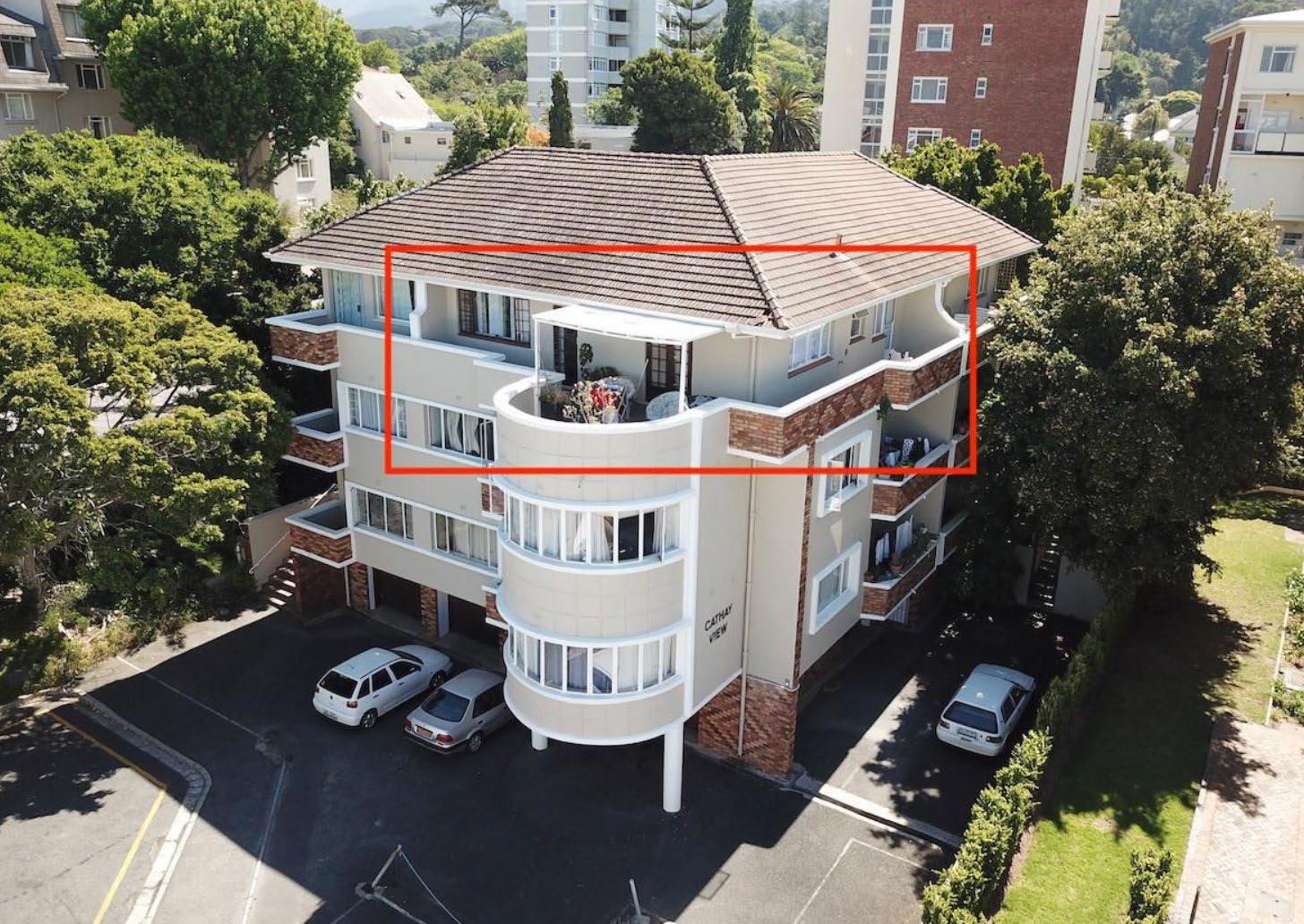

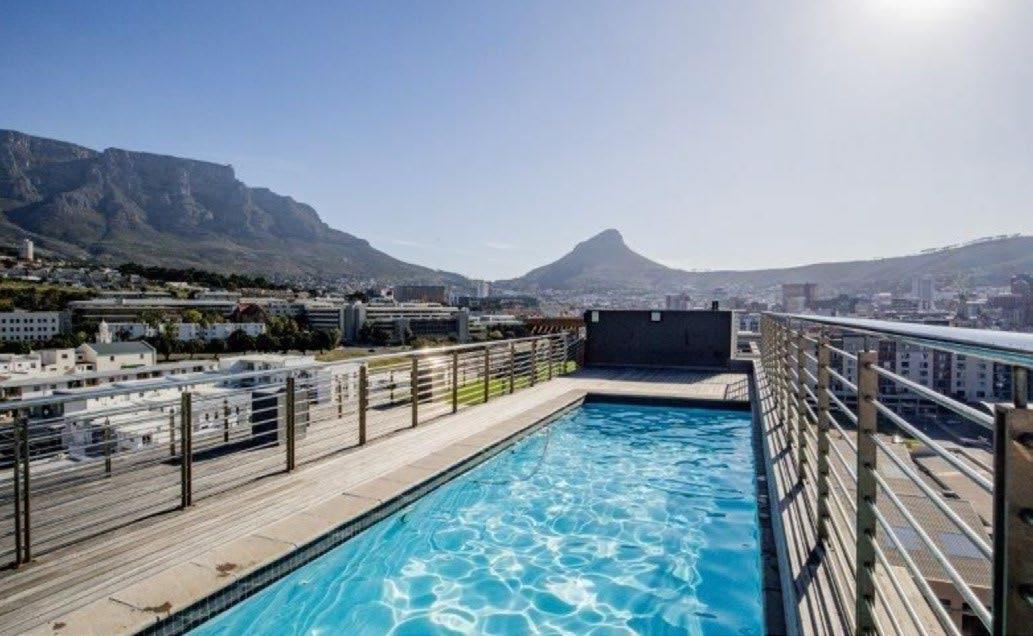
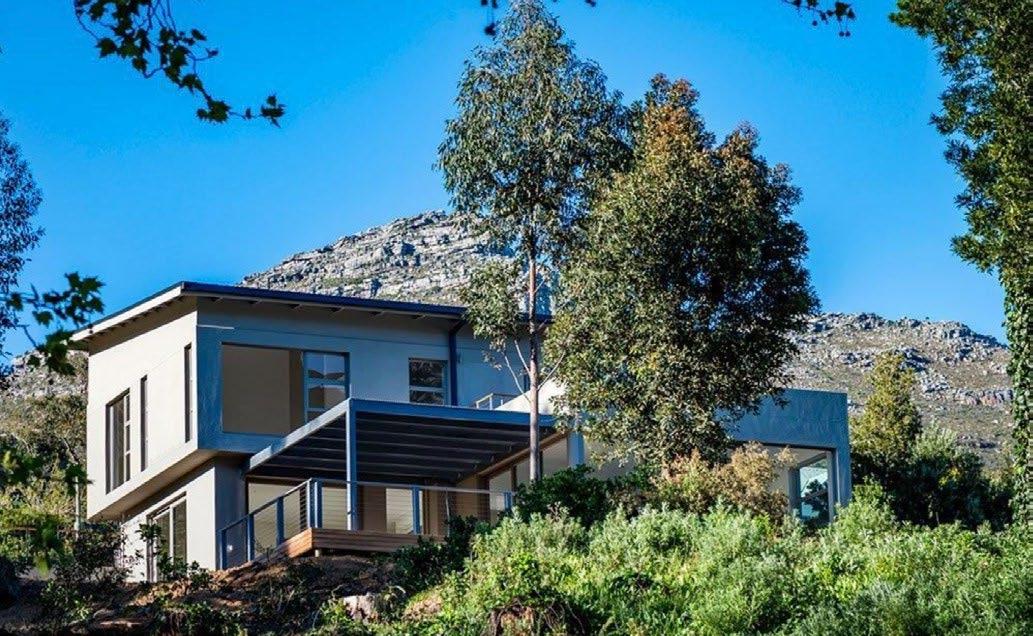
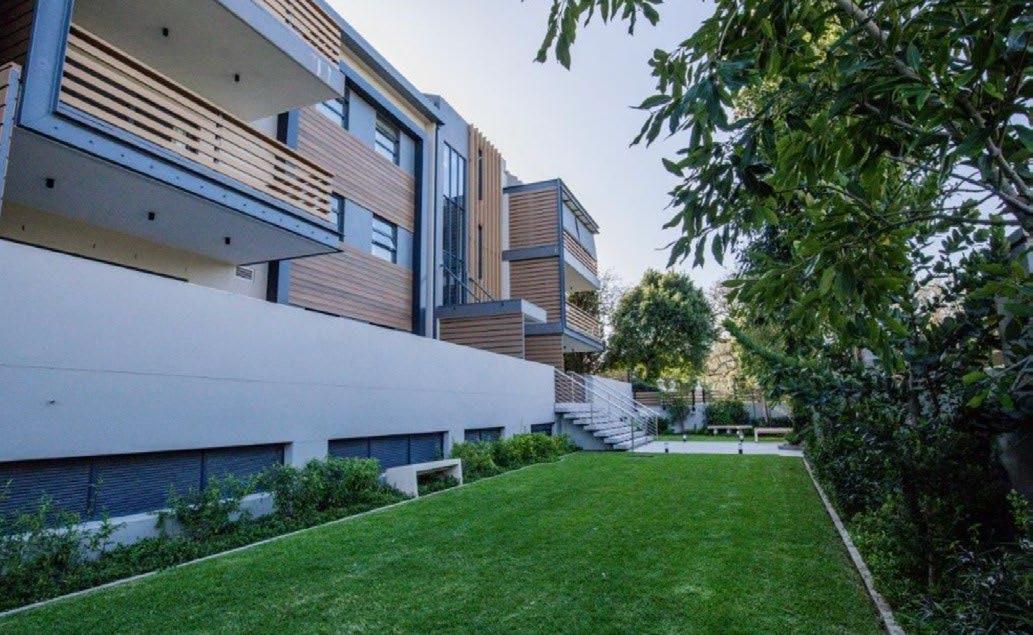
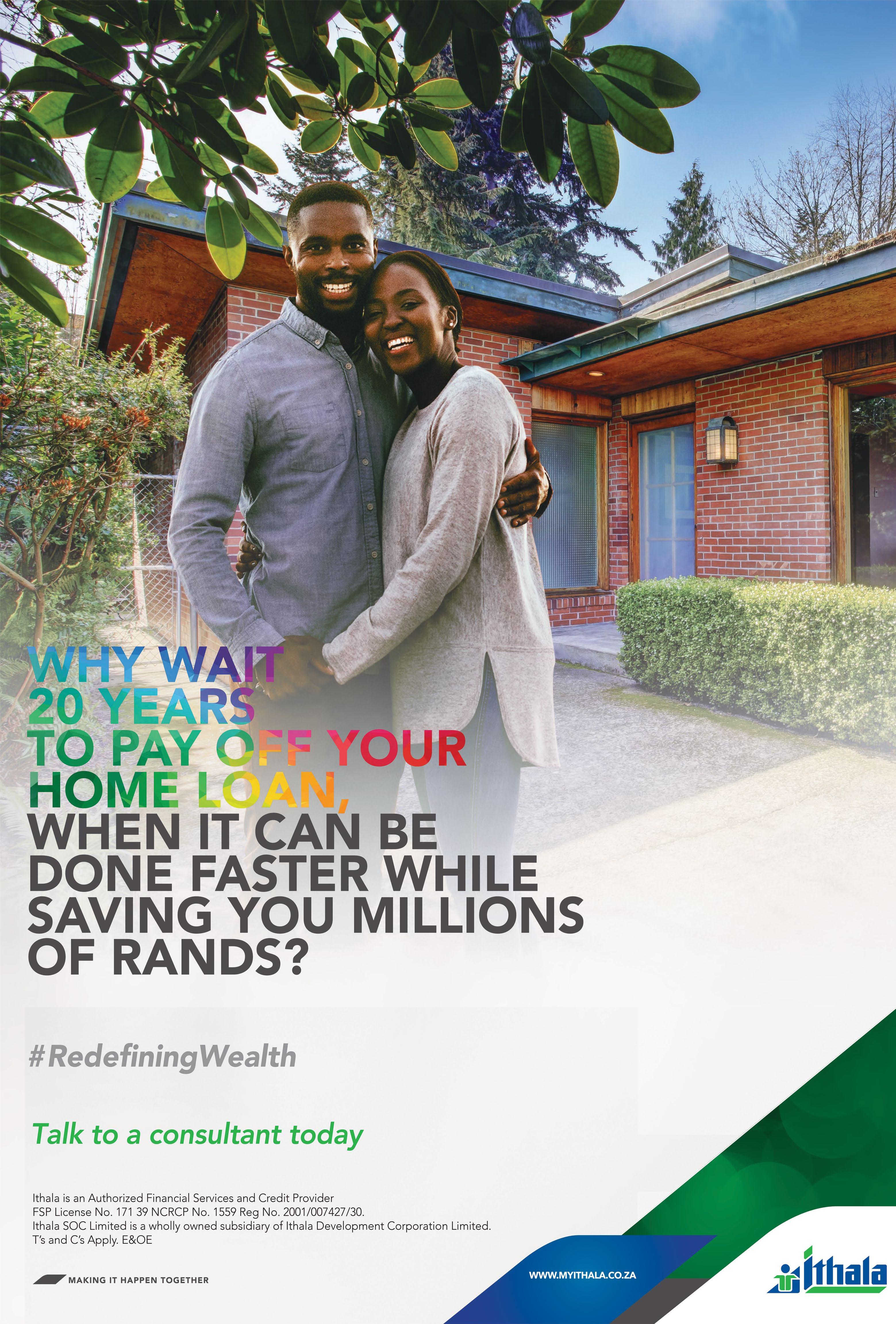




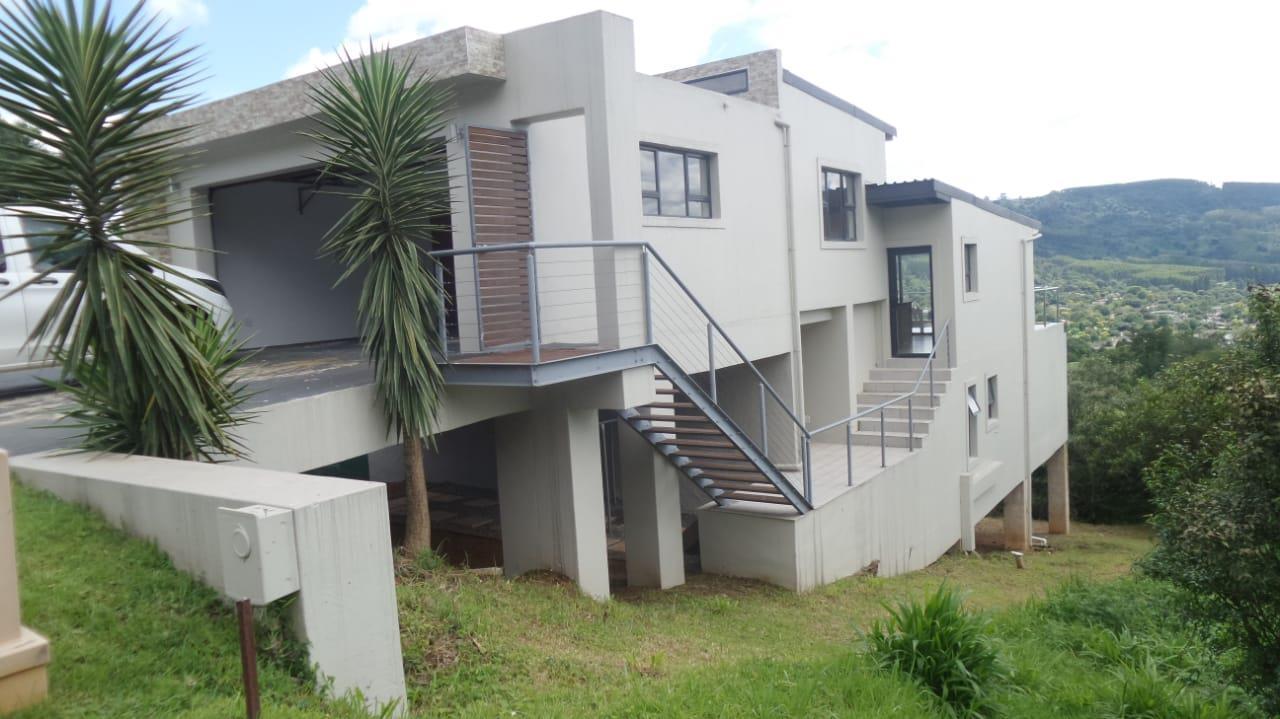


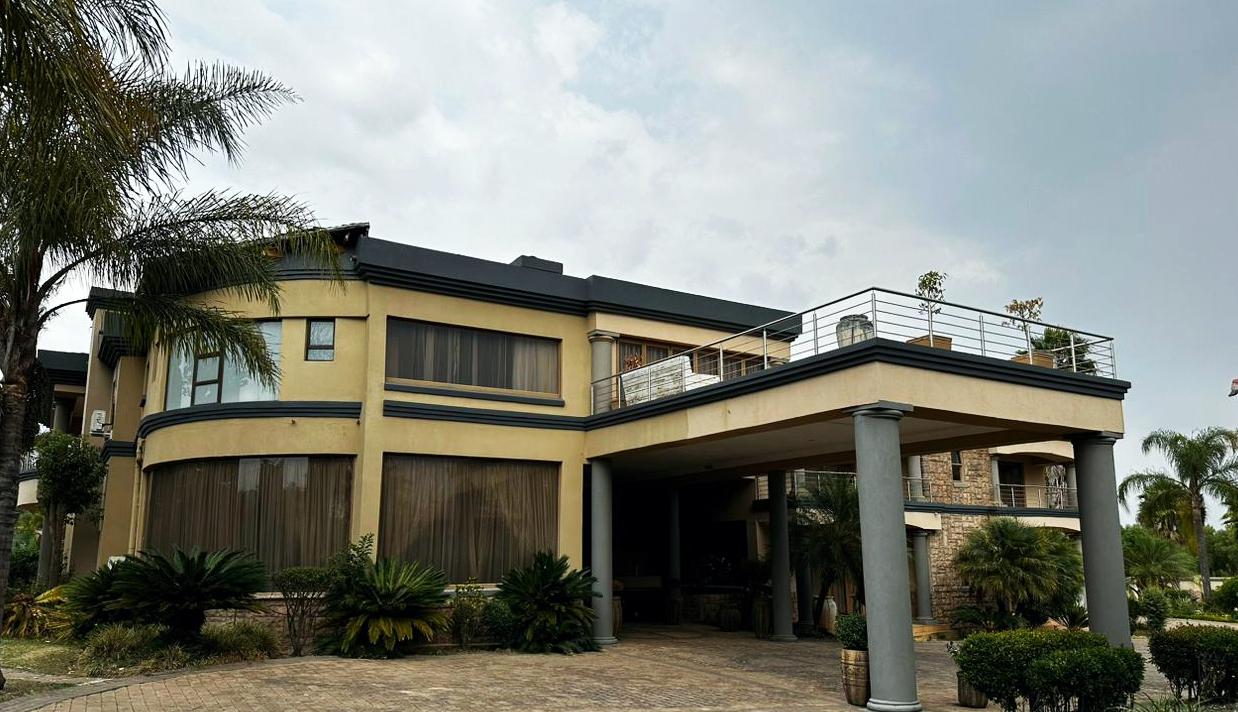
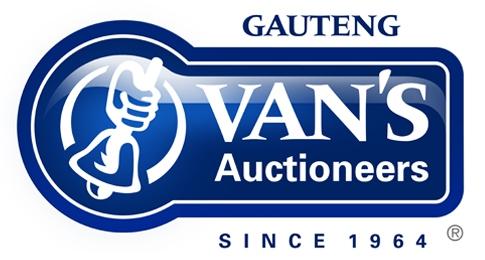



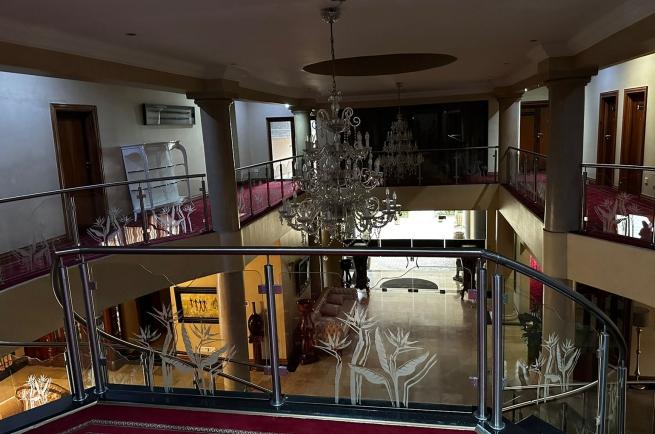
























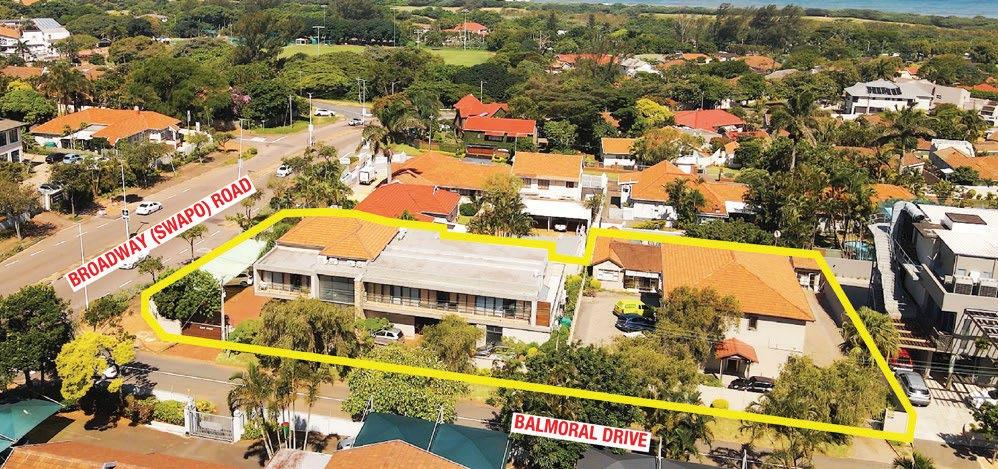

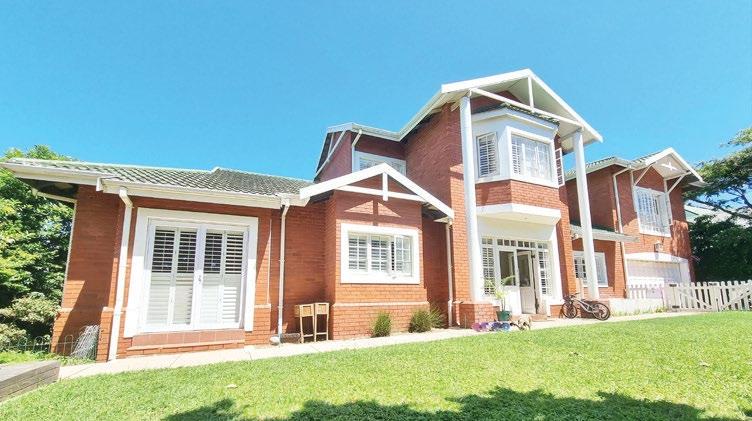
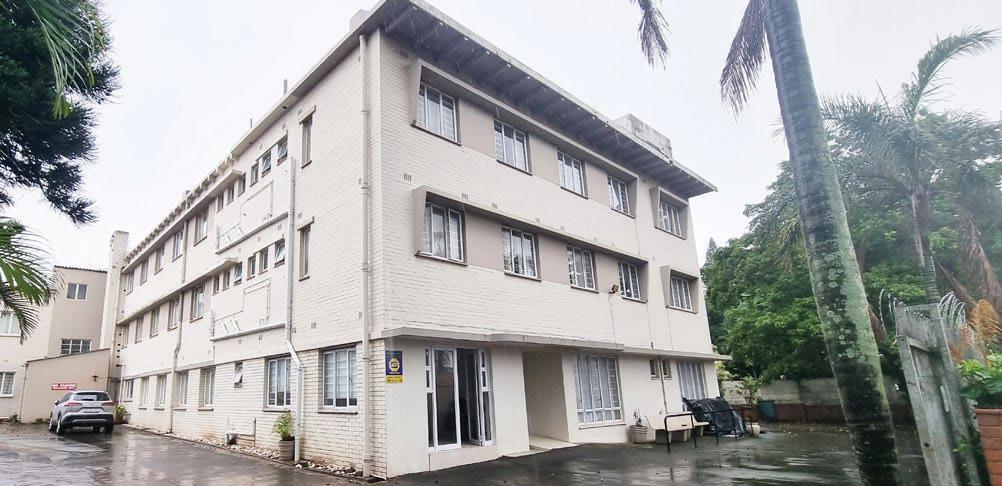
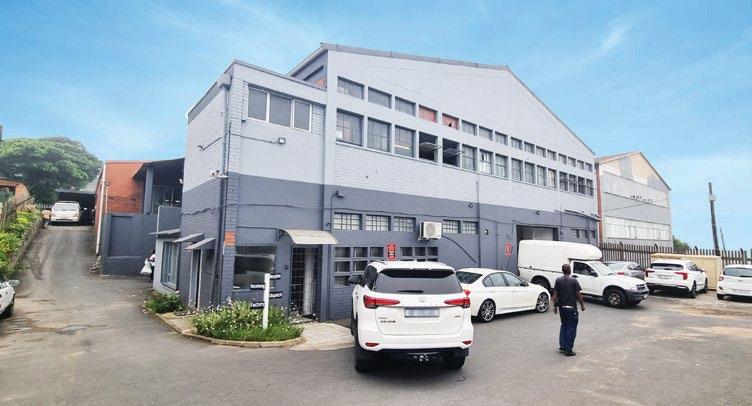
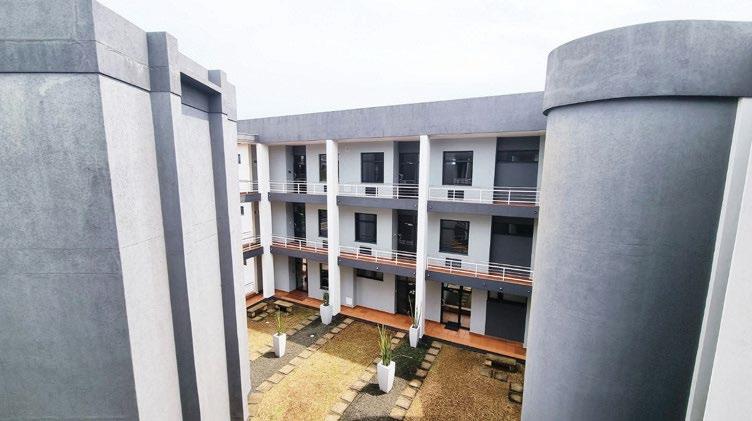
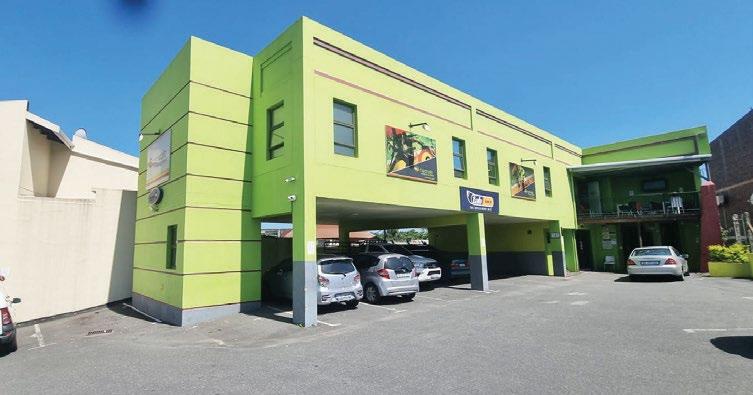
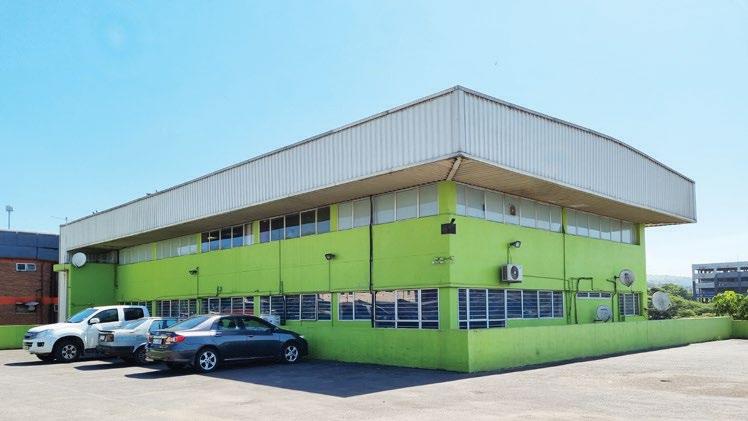
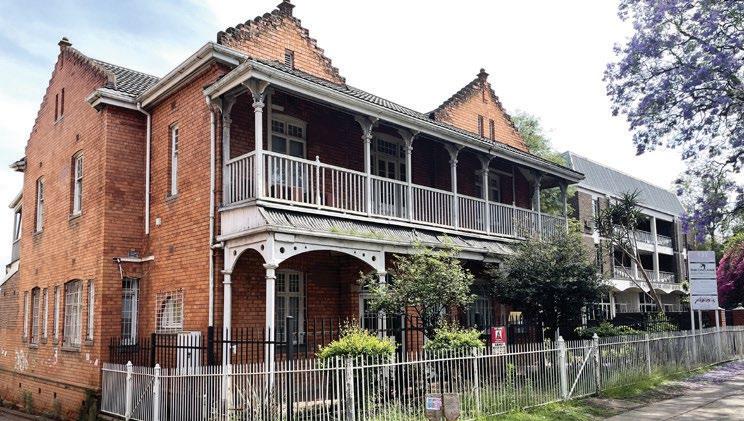
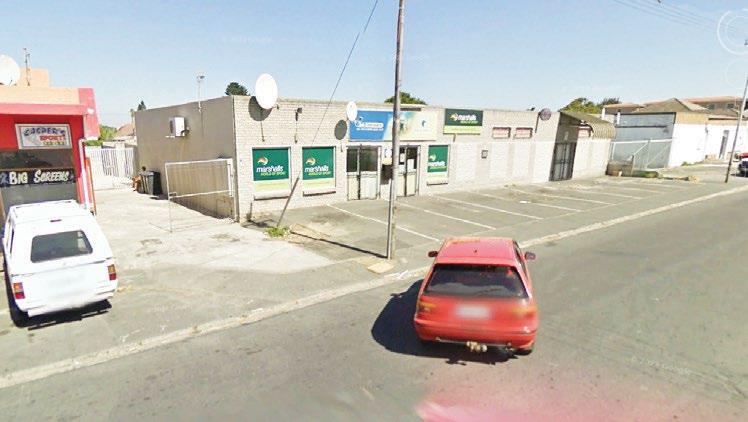

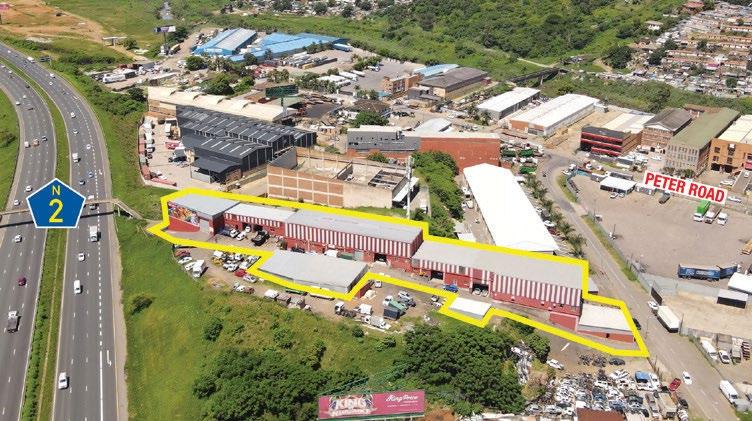
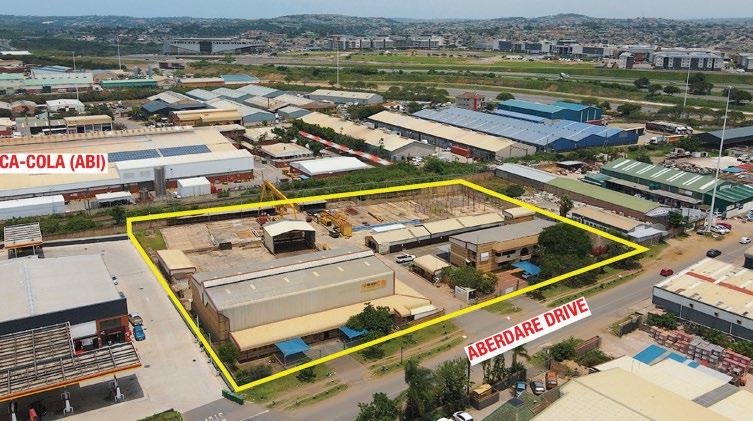
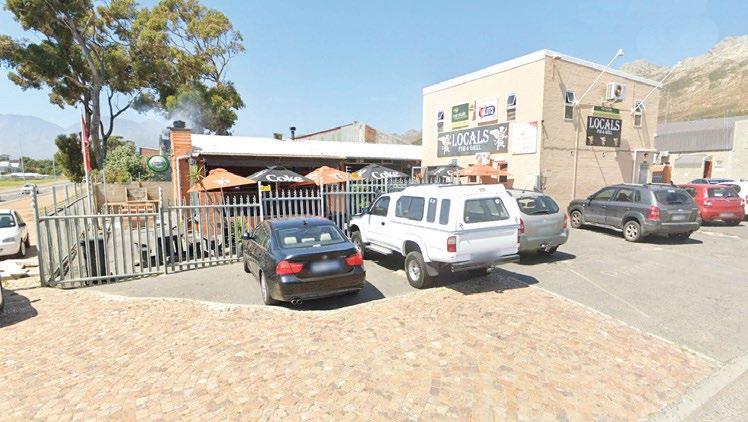
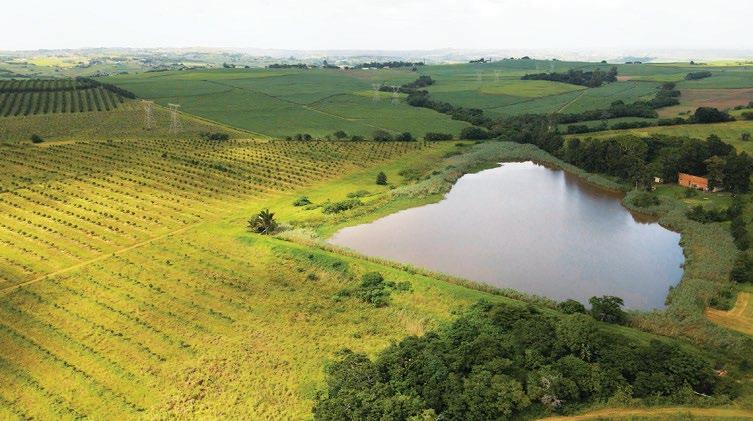




Atlantic Seaboard Office 021 433 2580 thekings@dogongroup.com www.dogongroup.com

Cape Town Office 082 448 7795 Email: rrpsales@mweb.co.za www.rhondaraadproperties.co.za

KZN
Office 082 412 4463 Email: hello@shelley.co.za www.shelley.co.za
Sea Point Office 021 433 2580 enquiries@dogongroup.com www.dogongroup.com
CAPE WINELANDS
Nicho 072 601 1772 Hannes 066 476 1890 sales@aandewijnlanden.co.za viognier.aandewijnlanden.co.za

SERENITY
KZN, South Coast Office 073 142 8292 Email: home@serenityhills.co.za www.serenityhills.co.za

Southern Suburbs, Claremont Office 021 671 0258 southernsuburbs@dogongroup.com www.dogongroup.com

KZN
Office: 033 397 1190 Email: info@maskell.co.za www.bidlive.maskell.co.za
WYTHAM ESTATE
KENILWORTH, CAPE TOWN 063 707 2886 sales@wytham.estate www.wytham.estate




Western Seaboard Office: 021 556 5600 or 021 433 2580 enquiries@dogongroup.com www.dogongroup.com

Ballito Office 084 788 1020 Email: michelle@balwin.co.za www.balwin.co.za
WIDENHAM RETIREMENT
VILLAGE South Coast, KZN 066 306 0669 / 066 306 0612 www.hibiscusrv.co.za www.widenhamretirementvillage.co.za
